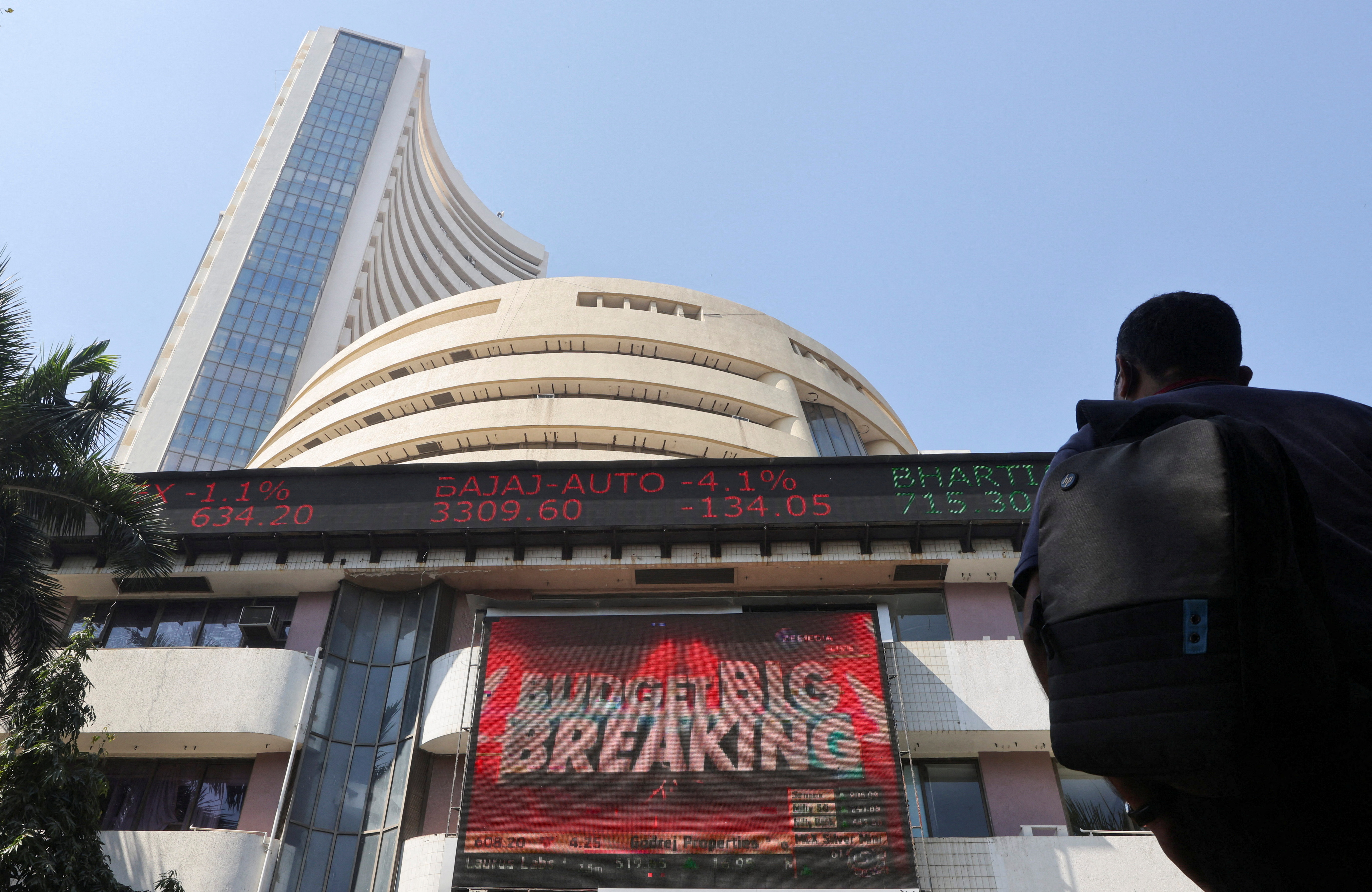BSE gears up for IPO – What investors can expect from the iconic stock exchange

Bombay Stock Exchange (BSE) has recently announced its plans to launch an initial public offering (IPO). The BSE is the oldest stock exchange in Asia and has a rich history spanning over 140 years. The IPO is expected to be valued at around Rs. 1200-1400 crore and is likely to hit the markets in the first quarter of 2017. With this move, BSE hopes to raise funds, expand its operations, improve technology infrastructure and upgrade its existing systems.
Investors can expect attractive valuations from the BSE IPO, as it is a profitable and stable business with a dominant position in the Indian stock market. It controls a market share of around 70% in equity trading and has a robust revenue model, earning primarily from listing fees, transaction charges and annual listing charges. The BSE also has a diversified revenue stream from a wide range of services, including currency and commodity derivatives, mutual fund distribution, and data services.
BSE has been investing heavily in its technology and infrastructure over the past few years. It has implemented state-of-the-art trading systems, developed new products and services, and strengthened its risk management systems. This has resulted in increased efficiency, faster order processing, and improved reliability, making it a preferred platform for investors and traders alike.
Investors can also expect good dividend yield from the BSE IPO, as the exchange has been consistently paying dividends over the years. It has a strong balance sheet with healthy reserves, which will be further strengthened by the IPO proceeds.
However, investors should also consider the risks associated with the BSE IPO. The exchange faces intense competition from newer players like National Stock Exchange (NSE), which controls around 80% of equity trading volumes. The entry of new players and regulatory changes can impact the growth prospects of the BSE. The exchange also faces the risk of declining trading volumes and revenues in a volatile market.
Another risk factor that investors should consider is the regulatory risk associated with stock exchanges. Government policies and regulations can have a significant impact on the exchange’s operations and profitability. The BSE’s revenue model is also subject to regulatory changes, such as reduction in transaction charges or listing fees.
In conclusion, the BSE IPO offers an attractive investment opportunity for investors who are looking to invest in a stable and profitable business with a dominant position in the Indian stock market. However, investors should also consider the risks associated with the IPO, including competition, regulatory risks, and market volatility. Overall, the BSE IPO promises to be a significant event in the Indian capital market, and investors are eagerly looking forward to it.







